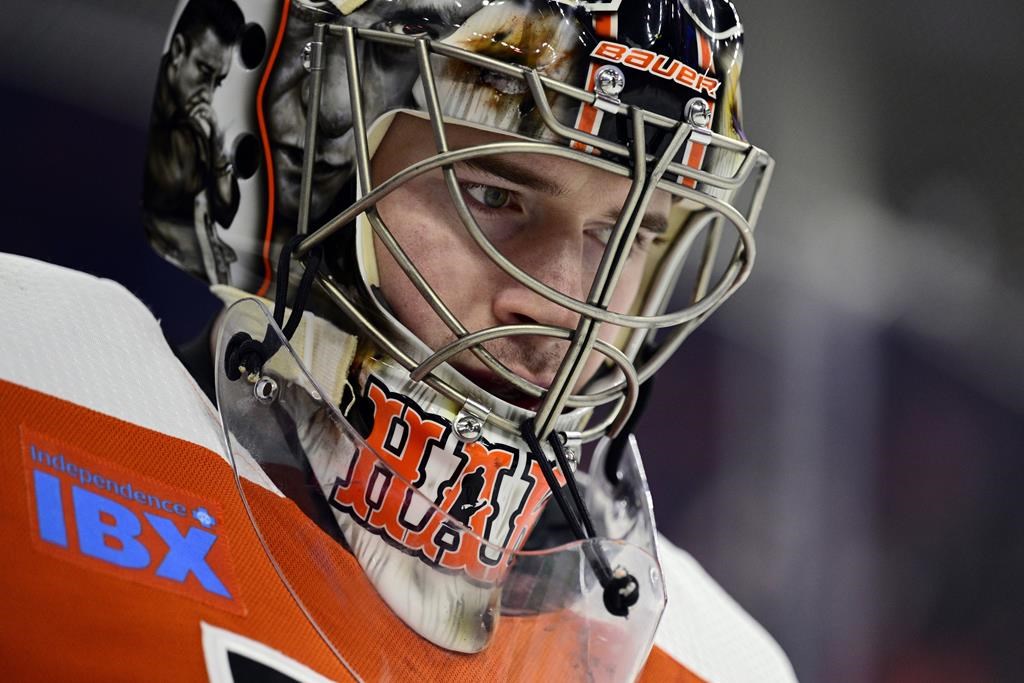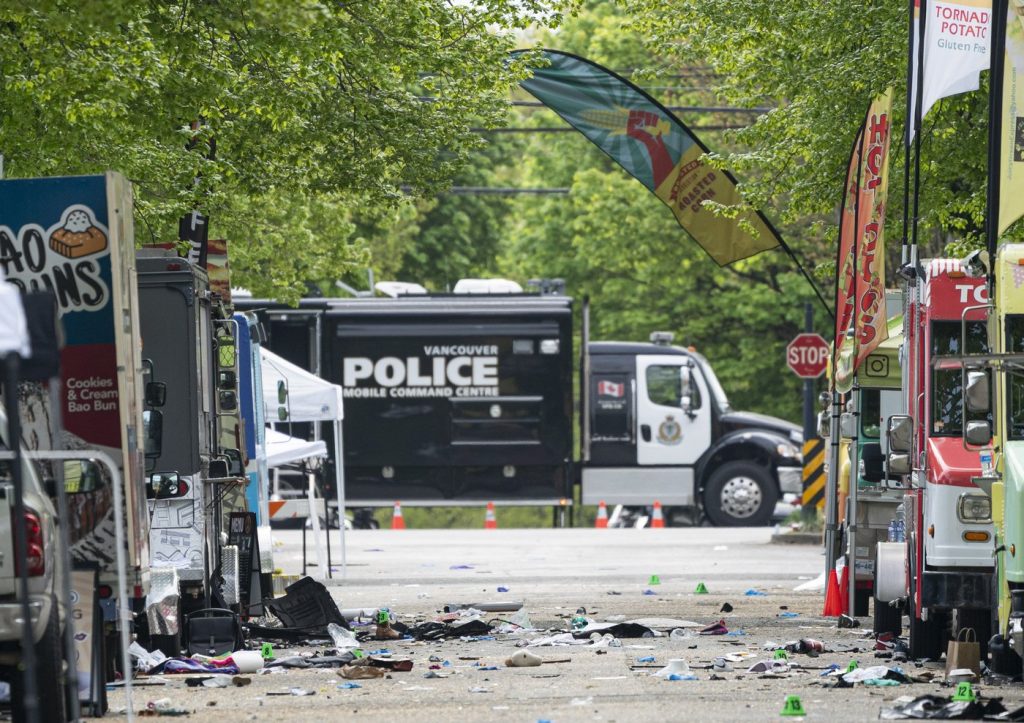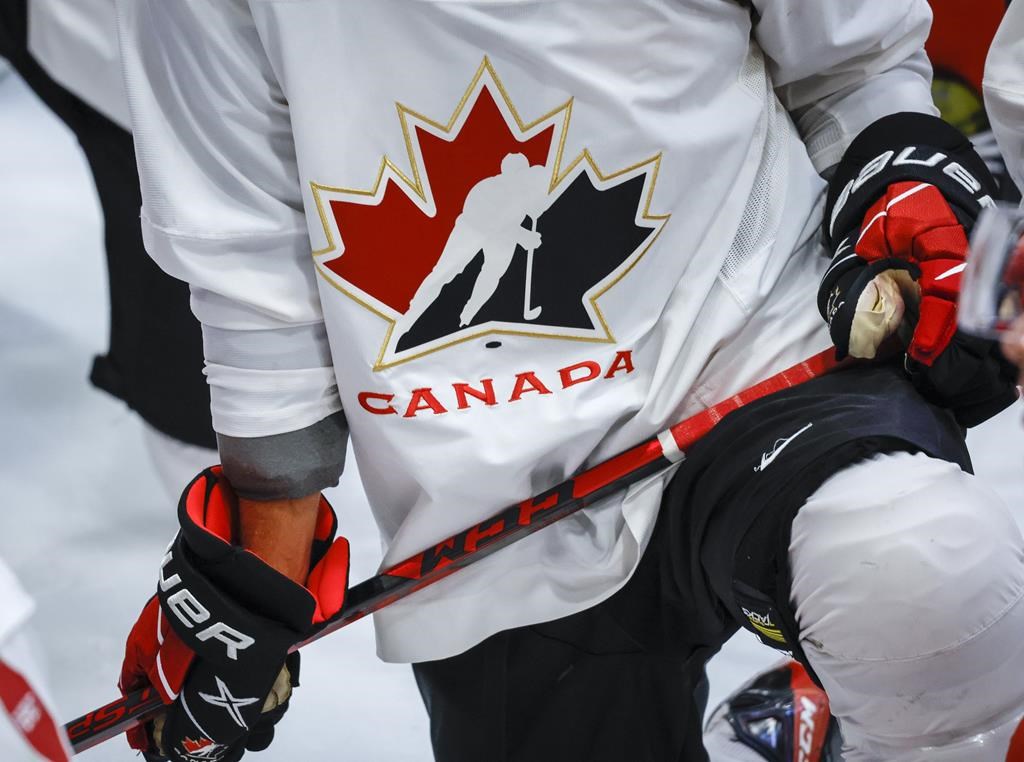The NHL has announced that five former members of Canada’s world junior hockey team are ineligible to play in the league as the organization conducts a review of the recent findings from a high-profile sexual assault trial. These players were acquitted on all charges related to the allegations, but the NHL remains determined to thoroughly assess the implications of the case.
In a statement released by the NHL, the league emphasized that the allegations presented during the trial were deeply concerning, even if they did not culminate in a criminal conviction. The NHL characterized the conduct under scrutiny as "unacceptable," highlighting a commitment to maintaining a safe and respectful environment within the sport.
The players involved in the trial include Michael McLeod, Carter Hart, Dillon Dube, and Callan Foote, all of whom were active NHL players at the time of their arrests in 2024. These arrests occurred shortly after the players were given leave from their respective clubs, raising serious questions about the league's handling of the situation and the implications for the players' careers.
In response to the NHL's decision, the NHL Players’ Association (NHLPA) has expressed its discontent, arguing that the acquitted players should have the right to return to work. The association contends that the league’s declaration of player ineligibility while it analyzes the trial judge’s ruling is inconsistent with the established disciplinary procedures outlined in their collective bargaining agreement. This suggests a potential conflict between league policies and the rights of the players.
The NHLPA has confirmed that it is actively addressing this matter with the NHL and has chosen to refrain from making additional comments at this time, indicating an ongoing dialogue regarding the treatment of these players and their future within the league.
The case has drawn significant media attention and has sparked discussions regarding accountability and the standards of behavior expected from players. While the legal proceedings have concluded with acquittals, the NHL's response reflects broader concerns about the impact of off-ice conduct on the league's reputation and the values it embodies.
As the NHL conducts its review, the situation remains fluid, and the implications for the players involved, the league, and its image could be far-reaching. The outcome of this assessment and the subsequent decisions made by the NHL will likely set important precedents in how similar cases are handled in the future.












